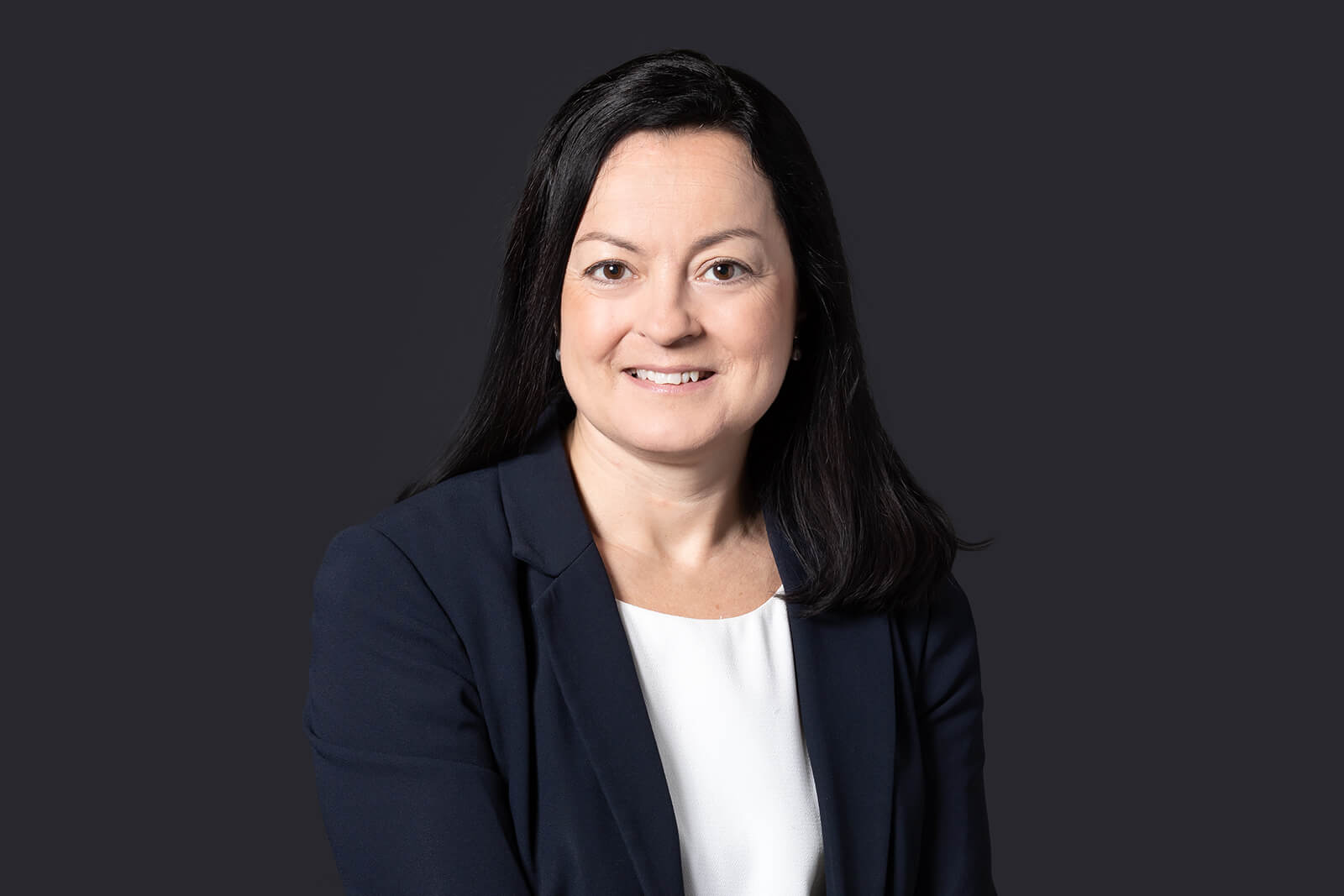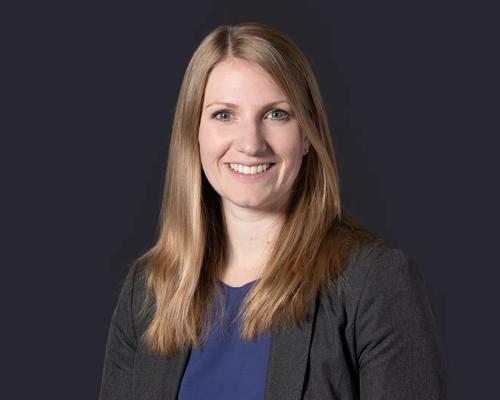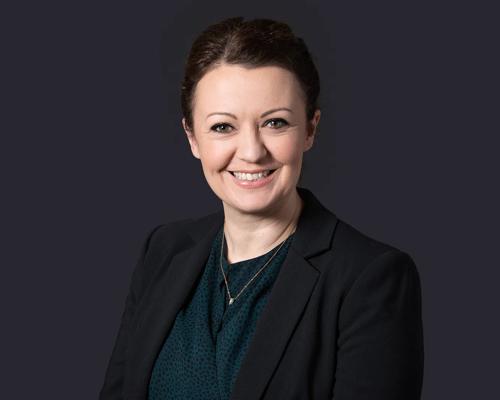
Offender health
Built on a foundation of expertise in heath, public sector and regulatory law, combined with our extensive experience in coronial law and inquests, we’re able to offer a full service to trust-providing healthcare in custodial settings.
With one of the most highly-respected teams in the UK for offender health work, our knowledge of community acute healthcare provision, and our experience in complex physical and mental healthcare inquests for serving and recently released prisoners, means that we’re perfectly placed to provide holistic advice in cases involving transfers from and to the community and between secure settings.
We understand that inquests can be extremely challenging for all parties and that’s why we’re trusted to support offender health trusts and their staff in preparation for and at inquest.
We offer expert but down-to-earth advice whilst not losing sight of the need to offer support and guidance to witnesses who have been asked to give evidence.
Our team of skilled barristers regularly appears at pre-inquest reviews, inquests and jury inquests across the country including complex hearings spanning several weeks.
Given the unique size and strength of our in-house barrister team, we offer coverage across the country. When Browne Jacobson assists you, you’ll receive an excellent level of service from a dynamic, friendly, and able team of lawyers, with extensive experience of representing a variety of public sector clients at inquests nationwide.
Featured experience
Nottinghamshire Healthcare NHS Foundation Trust
Instructed to appear at an inquest concerned with the release arrangements of a prisoner who committed a murder with hours of returning to the community.
Birmingham and Solihull Mental Health NHS Foundation Trust
Represented a mental healthcare provider in a complex case involving the transfer of a prisoner between two custodial settings.
Nottinghamshire Healthcare NHS Foundation Trust
Represented a prison healthcare provider in a series of offender health inquests engaging article 2 and before a jury which was treated by the Coroner as a “cluster”.
Related expertise
Key contacts

Fiona Butler
Barrister (Partner)

Ben Bentley
Barrister (Partner)

Samantha Paxman
Barrister (Partner)

Ian Perkins
Partner (Barrister)

Sarah Vince
Barrister (Principal Associate)

Luke Berry
Barrister (Legal Director)
You may be interested in...
Legal Update
Behind bars: The hidden health crisis in England's prisons
Opinion
Coronial investigations of stillbirths - summary of consultation responses
On-Demand - Shared Insights
Shared Insights: Improving communication with families through the inquest process
On-Demand - Shared Insights
Shared Insights: Coroners Question Time
On-Demand - Shared Insights
Mock inquest: Guide to giving evidence remotely at a coroner’s inquest
Guide
Guide to preparing and delivering evidence of organisational learning to the Coroner
On-Demand - Shared Insights
Shared Insights: Coroner’s Question Time
Legal Update
Learning from Reports to Prevent Future Deaths in Mental Health settings - A Review of PFDs nationally 2022-2023
Legal Update
Reports to Prevent Future Deaths: What are the issues affecting ambulance trusts nationally?
Guide
Guide to writing statements for an inquest
Guide
Guide to the coroners' inquest process for witnesses
On-Demand - Shared Insights
Shared Insights: Coroners’ Question Time
Legal Update - Public matters newsletter
Public matters - January 2023
Opinion
Coroner’s refusal to issue a Prevention of Future Deaths Report following death in prison custody inquest was lawful
On-Demand
Insights from the Chief Coroner by His Honour Judge Thomas Teague, KC
Guide
Checklist for taking part in a remote inquest hearing
On-Demand - Shared Insights
Shared Insights: Coroners' Question Time
On-Demand - Shared Insights
Shared Insights: Overview of inquests in relation to deaths in custody
On-Demand - Shared Insights
Shared Insights: Safeguarding Forum - Safe discharge and conveyance of patients
On-Demand - Shared Insights
Shared Insights: Coroners’ Question Time, part 2
On-Demand
Maternity mock inquest - film 1
Consent is often a key issue in obstetric claims and if it is relevant to the facts of the death, its likely to be an area explored by a coroner.
On-Demand
Maternity mock inquest - film 2
This video illustrates some of the issues that can arise when a witness is poorly prepared.
On-Demand
Maternity mock inquest - film 3
This film highlights the importance of creating an open and transparent culture where staff feel able to speak up will help Trusts to identify problematic practise before significant issues arise.
















